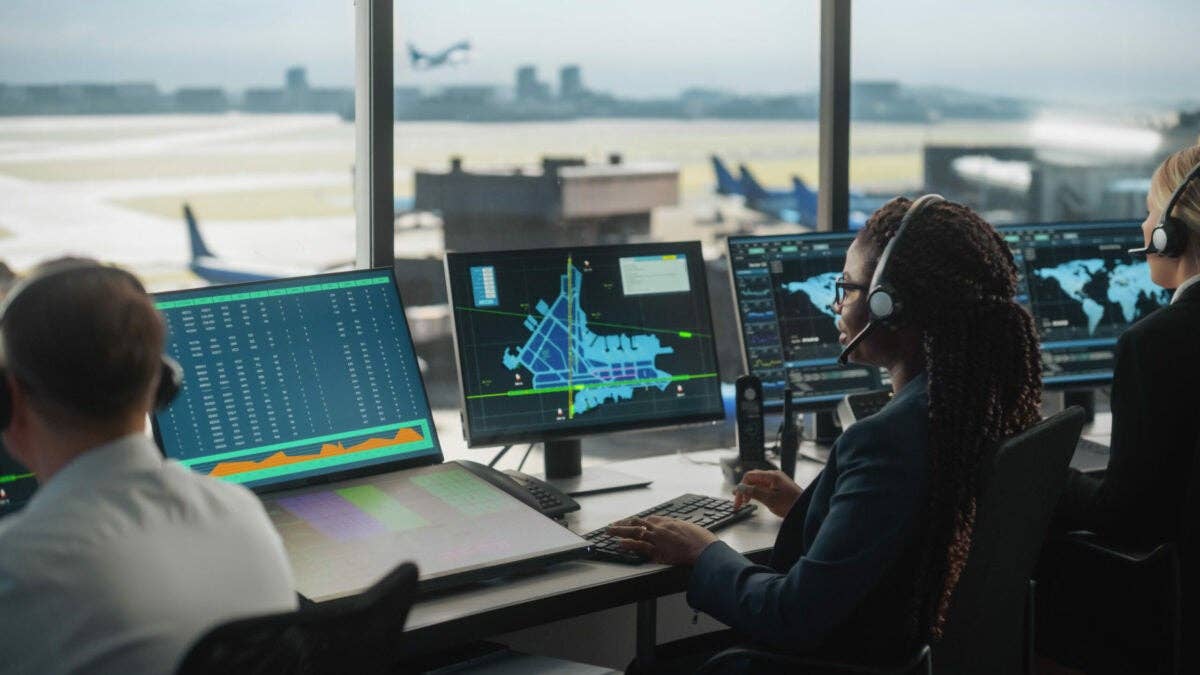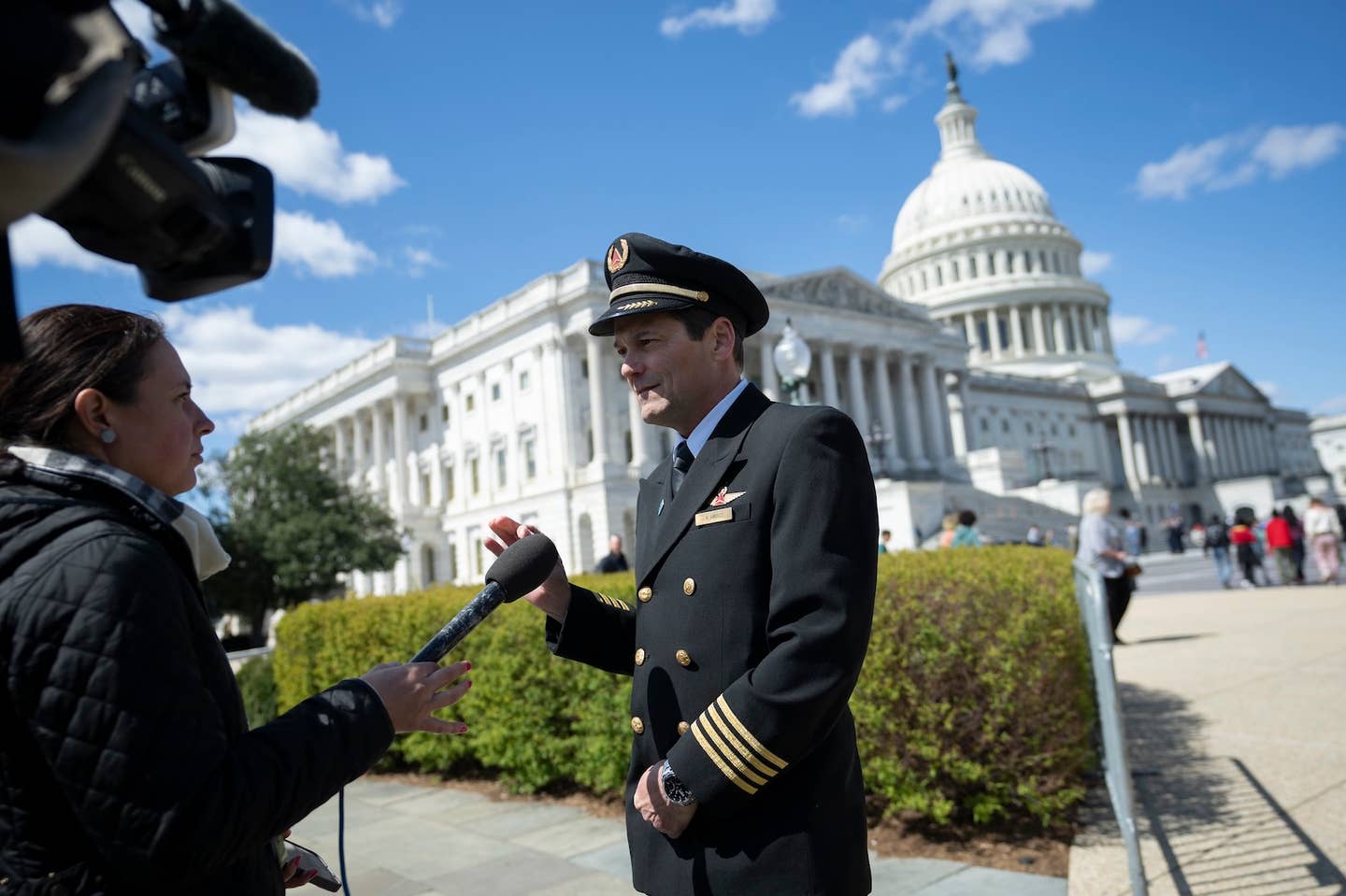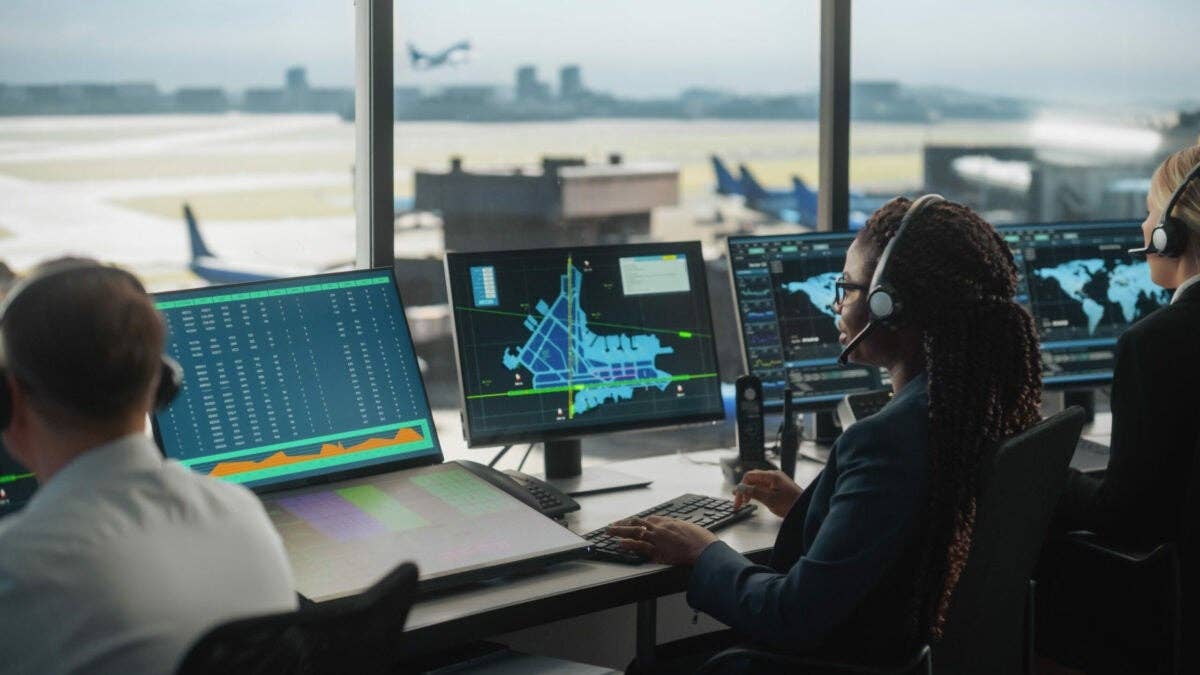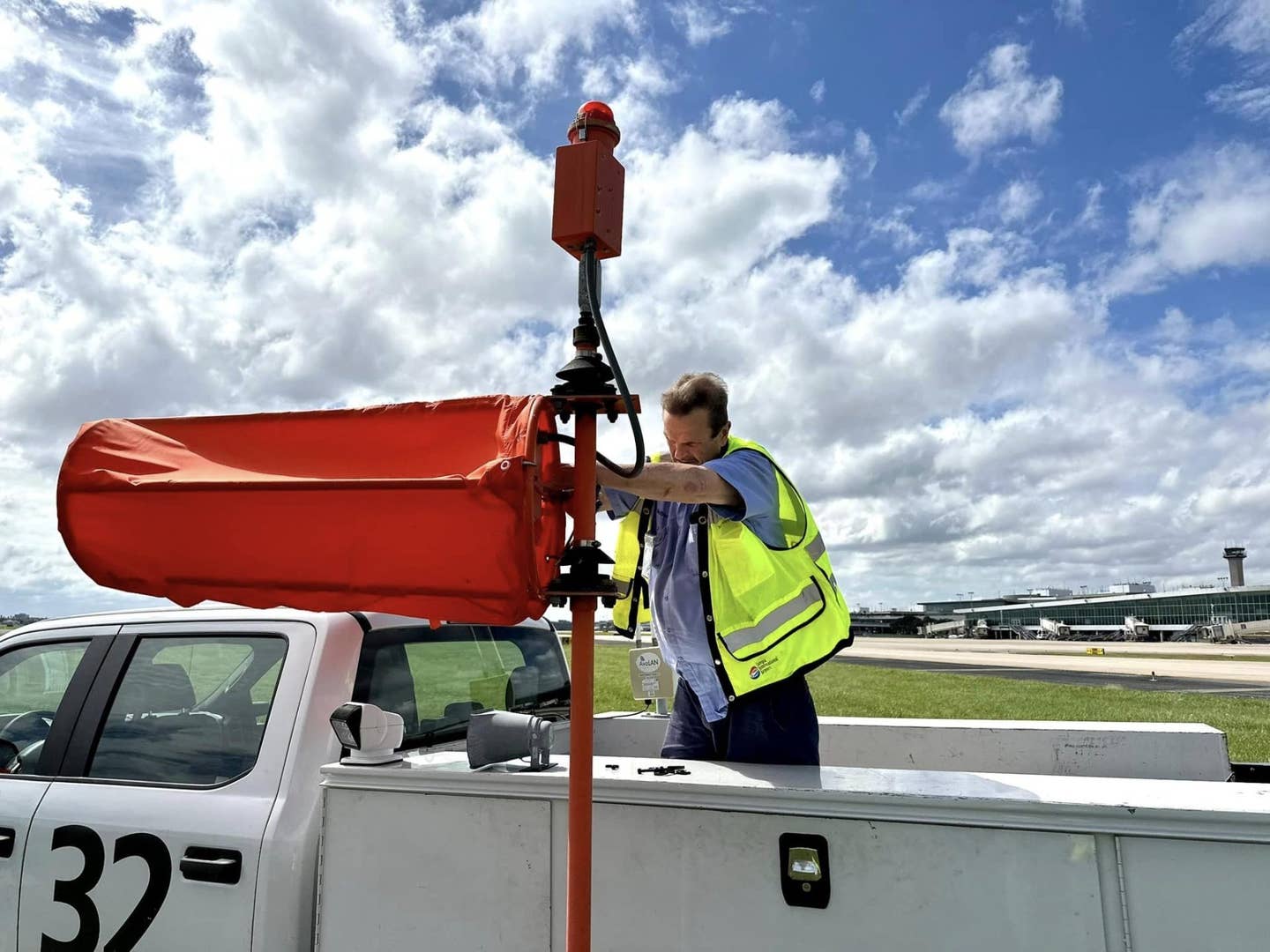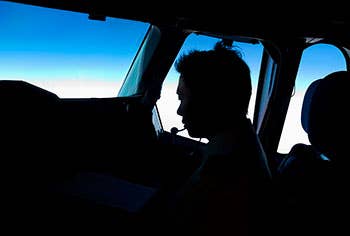
One of the most challenging and rewarding educational fields available within the aviation industry concerns the study of aviation psychology and human factors research, with significant demand throughout a diverse range of careers for personnel in these fields.
"Aviation has really led the way in human factors research, but this work really applies to any high-consequence industry," said Dr. Erin Bowen with Embry-Riddle Aeronautical University. "For example, there are many lessons developed throughout the adoption of CRM [crew resource management] in aviation that may be applied to nursing teams within a medical environment."
After earning her Ph.D. in Industrial Organization Psychology, Bowen's doctoral research at Parks College in St. Louis, Missouri, introduced her to a working group tasked with evaluating human interactions in the aviation environment and examining their relevancy to other fields. Today, Bowen serves as chair of the Safety Science Department at the Prescott, Arizona, campus as well as the acting director of the university's Robertson Safety Institute that collaborates with stakeholders to develop methods for improving safety in aviation and other industries.
In addition to examining the psychological aspects of human behavior and performance, these programs delve deeply into the various aspects affecting how people interact with their environment. "It's easy to say that something is common sense, but in reality, common sense is the most uncommon thing of all," Bowen explained. "For example, we examine why people tend to stick with their decisions even when the outcome appears less than ideal.
"Once you have committed to a course of action, you are now cognitively invested in that process and quitting that course would create a dissonance," she continued. "This behavior certainly isn’t limited to aviation, either; as just one example, it also explains why people tend to hold onto a losing stock."
Other studies involving human factors and aviation psychology focus on how pilots process and retain information differently when displayed in glass cockpits and electronic checklists, instead of more traditional interfaces.
"We examine how to maximize the efficiency of those transitions and reduce errors," Bowen noted. "You can write regulations and policies, but you must also change peoples' attitudes and how they react in order to develop a true culture of safety. Flight crews have been more on the ball in this regard with the advent of CRM that ground crews, maintainers and FBOs. But many of the same lessons may be applied there."
Graduates from the Embry-Riddle program have gone on to such diverse jobs as developing improved flight deck ergonomics for global aerospace manufacturers, to conducting accident investigations for the federal government and insurance companies, to even working in motion-capture animation in the film industry. For Bowen, her ongoing work toward improving aviation safety and performance has proven the most rewarding.
"Every day, my entire job involves finding new ways for aviation entities to work better," she concluded.
Get exclusive online content like this delivered straight to your inbox by signing up for our free enewsletter.

Sign-up for newsletters & special offers!
Get the latest FLYING stories & special offers delivered directly to your inbox


